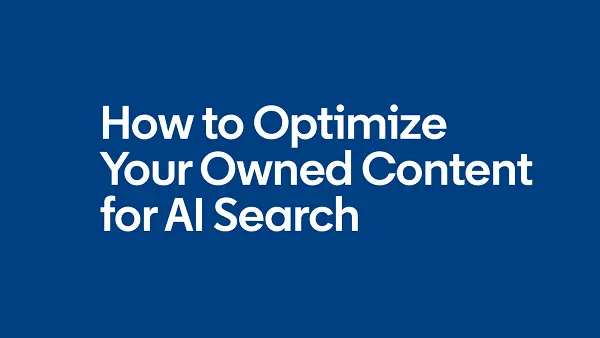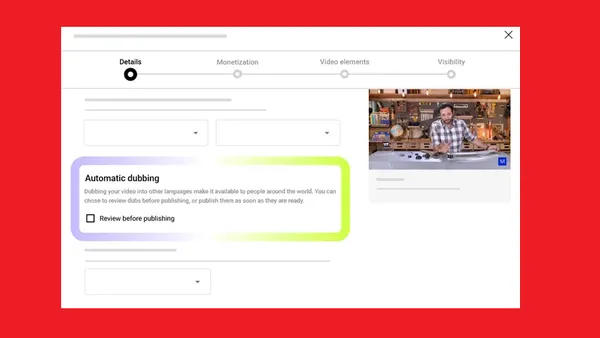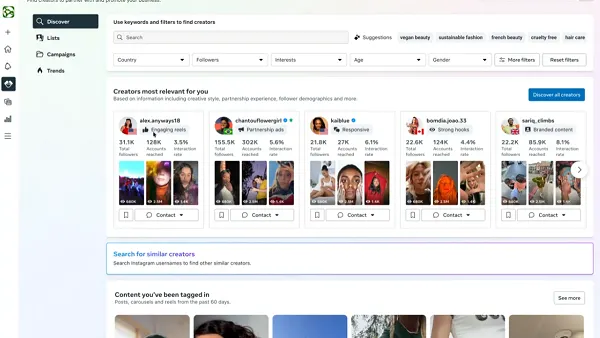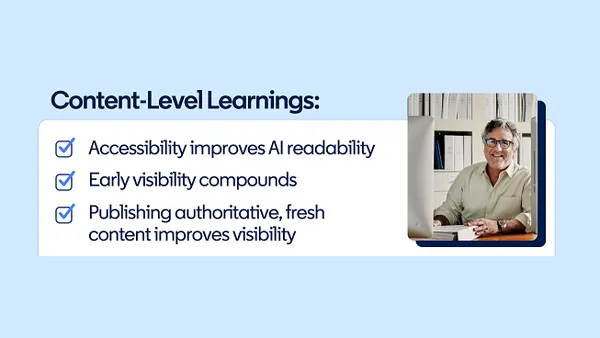(Previously on Inside the Mind)
Montage of clips from the previous episode.
Hey, what's up guys? Welcome to Inside the Mind where we talk about online marketing strategy, what it is, why it's important and why you should care.
In the last episode we talked about (gets interrupted by clip from last week in a thought balloon thing) "What makes and online marketing strategy, and more importantly what doesn't."
(gets a little frustrated, pushes thought balloon off)
This week, we're going to talk about content development, specifically as it relates to your blog.
The biggest mistake most people make when it comes to writing for their blog is that they talk about whatever it is they feel like at the time.
(troll face. I'm going to talk about boring business crap)
But this doesn't work. Why?
Because very few people in the world are so prolific, that we'll actually take time out of our day just to hear whatever it is they have to say.
People are busy, they've got a million things going on like emails, phone calls and, you know, actual work.
So instead of writing about whatever you want to write about, why not write about what they want to read about?
But Wait! How do I know what people want to read about?
I'm so glad you asked.
If you go to Google and type in "Keyword tool" on the top result you'll find the Google Adwords Keyword tool which will give you a rough estimate of what people are searching for on any given keyword.
So lets say for example I wanted to create a piece of content that was based on Content Development.
I would type "content development" into the search bar, and voila! I would find out that the phrase "content development" gets roughly 33,100 searches every month globally.
Not only that, but I get a list of other related searches that might spawn some ideas for some other types of articles.
Now if there were 33,000 plus searches in Google every month, there's a pretty good likelihood that "content development" is something that people would want to hear about, right?
And now that you know how to do some basic keyword research, let's talk about the different types of content.
If you consider all of the stuff that's worth looking at on the web, it can basically be broken up in to a few different categories.
Viral
Discussion
Lead Generation
Sales content
The next biggest mistake people make when using their blog as a marketing device is that they expect every piece to perform the function of all four of these types of content. And while there can sometimes be some crossover, this is generally not the case.
The secret here is that when you write, you want to write with a single intention in mind, and have that intention flow through every word that comes out of your fingertips.
So let's break these content types down.
Viral content is a piece of content that spreads throughout a community like a um, virus.
Now "Viral" doesn't necessarily mean that it has to be Antoine Dawson or the Star Wars Kid type big.
In fact it's perfectly acceptable, and much more realistic, to create something that is relevant to only a relatively small community.
For example, back in October, I wrote a guest post for Chrisbrogan.com titled "106 excuses that prevent you from ever being great." For those of you who are unfamiliar with Chris, he's one of the top authorities on Social Media who wrote the New York Times bestselling book Trust Agents, and writes one of the must-read blogs if you're someone who considers themselves an entreprenuer.
Anyways, in the article I go through 106 common excuses people - but more specifically entreprenuers - tell themselves that often prevent them from doing awesome work. The intent for writing this article was that I wanted it to spread throughout the Entreprenuer community, and spread it did.
A few days after the article went live, Chris sent me an email letting me know that there had been over 38,000 unique visitors to his blog who read the article, and at the time of this recording there have been 2,221 tweets, 2,000 likes on Facebook, 220 +1's on Google+, and 55 thousand + stumbles on stumbleupon.
There were also hundreds of comments and quite a few links.
What was the secret? I spent several days brainstorming excuses that I've told myself, and have heard other entreprenuers tell themselves and devised a master list. Then I went through and destroyed every excuse in a thought-out and logical manner.
The other secret: big lists tend to do well because of the perceived value of bigger being better. I could have very easily done a 10 or 12 list, but those are so common these days that in order to stand out, having some outrageous number like 106 sparks a little intrigue in the people who click, because they think "there's no possible way there could be 106 excuses." But lo and behold, there they are, many of them you've probably used yourself.
OK next, Discussion Content.
Discussion content is an article that you write that is meant to get the comments section of your blog lit up like a Christmas tree.
Maybe it's an event that's going on in your field, or maybe it's something that you know a lot of people are feeling but not a lot of people are saying.
There are conversations people are dying to have but are too afraid to be the person who brings it up.
Discussion content can be polarizing, with the author taking a strong stance in one direction when there's an equally strong opposition.
Derek Halpern of SocialTriggers.com is probably one of the best people I know when it comes to creating discussion content.
In his article "The Content is King Myth Debunked" he argues that "Content is not king, design is king, because people make snap decisions about whether or not they'll actually read your content based on your design. If your design isn't trustworthy, people won't read you"
And you know what, he's right. If a website looks like crap, or the font is too hard to read, people don't stay.
And if you disagree with me, tell me about it in the comments and let's talk about it
(smile with ding)
Next, let's talk about lead generation material.
Lead gen content needs to be (interrupted by previous episode clip) Seriously dude? Seriously?
Anyways, lead gen content should help people to realize one thing, and one thing only, "I need help."
The other thing you want is for your readers to be able to identify themselves throughout your lead gen material.
This is a major mistake that many many people make: they give away very valuable free content as a lead generator, but what ends up happening is people will come for the free stuff, then do this...
(arms-folded tommy) "What do you mean you want me to buy something?"
Ideal lead generation helps someone qualify themselves by saying, "I need help" when they get into your funnel.
And a lot of that has to do with the way you position the content itself.
Let's pretend you're a person in the health and fitness field and you want to start generating some leads, so you create a free pdf on your website and call it "7 tips to a healthy lifestyle."
Now this is a common tactic, but tell me - does anyone ever roll over to their spouse in the middle of the night and say, "Honey... Honey! We need 7 tips to a healthy lifestyle?"
No, probably not right? Instead they might say something like, "I need to lower my cholesterol," or "Honey, we really need to lose some weight."
With your lead generation material, you need to know what keeps your prospective customers up at night, then work that into your content so they can qualify themselves.
Consequently, when people come to you in this manner, they're also more likely to want to take action on the stuff that you put out there.
And if you take this just a step further, we have Sales Content, which is like Lead Content, and can be structured very similarly, but instead of your prospect wanting to get a free thing, they're taking out their credit cards, ready to make the purchase.
The major difference between the two is that Sales Content is designed to bring people to a decision, rather than just get some free stuff.
Alright here's the recap, the four major types of content include.
Viral Content
Discussion Content
Lead Content
and Sales Content.
And if you want to be really strategic about your content development, you plan each piece in advance and have them work together like pieces of a puzzle.
Alright, that's all I've got for today's episode of Inside the Mind. Thanks so much watching.
I'm on Facebook, I'm on Twitter
Please be sure to "Like" this video and favorite it for easy viewing.
If you have a question, leave a video response or ask in the Comments with a link to your blog and I'll be sure to feature you on the next show. And subscribe if you want to be the first to know when the next video comes out.










